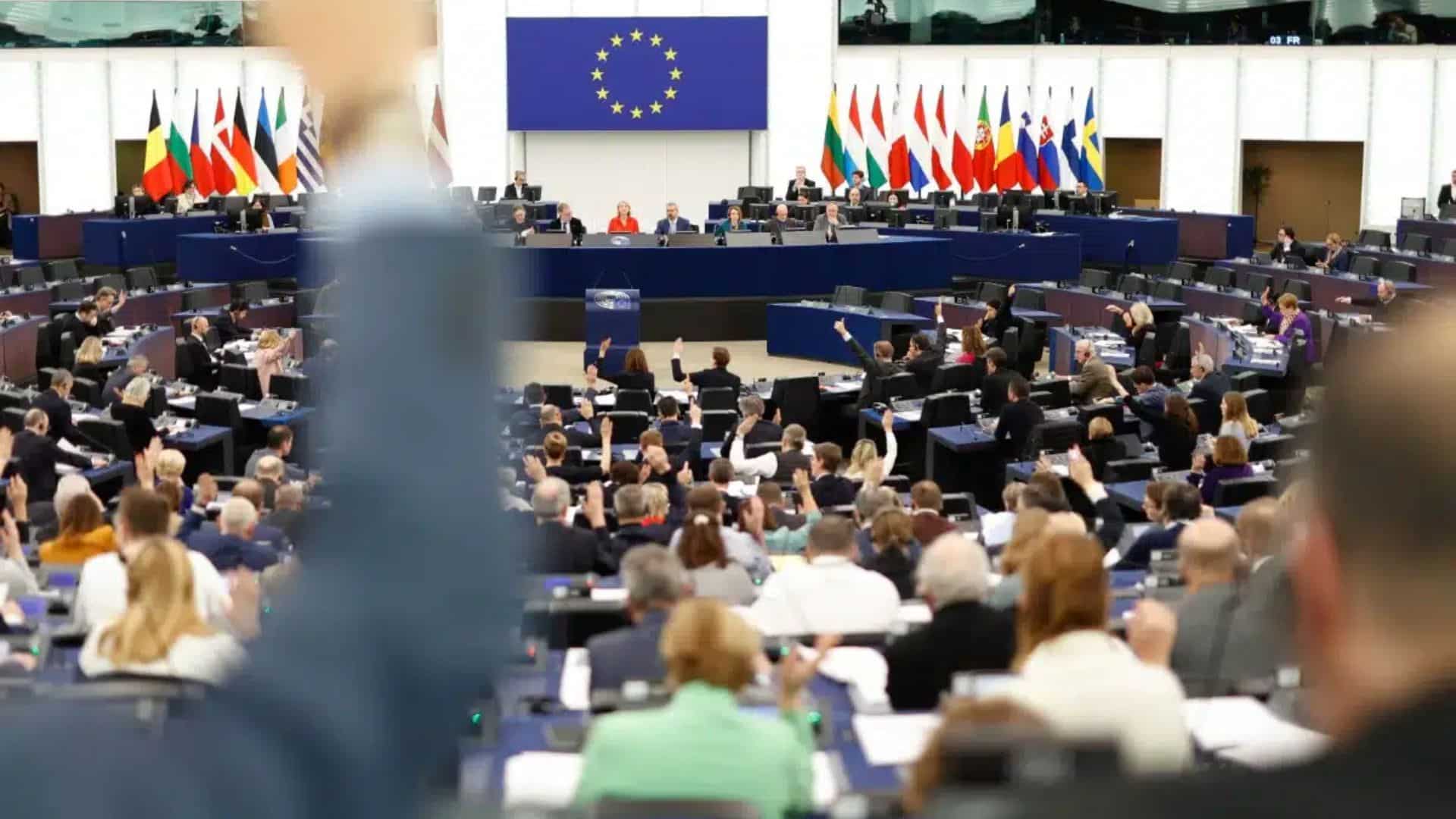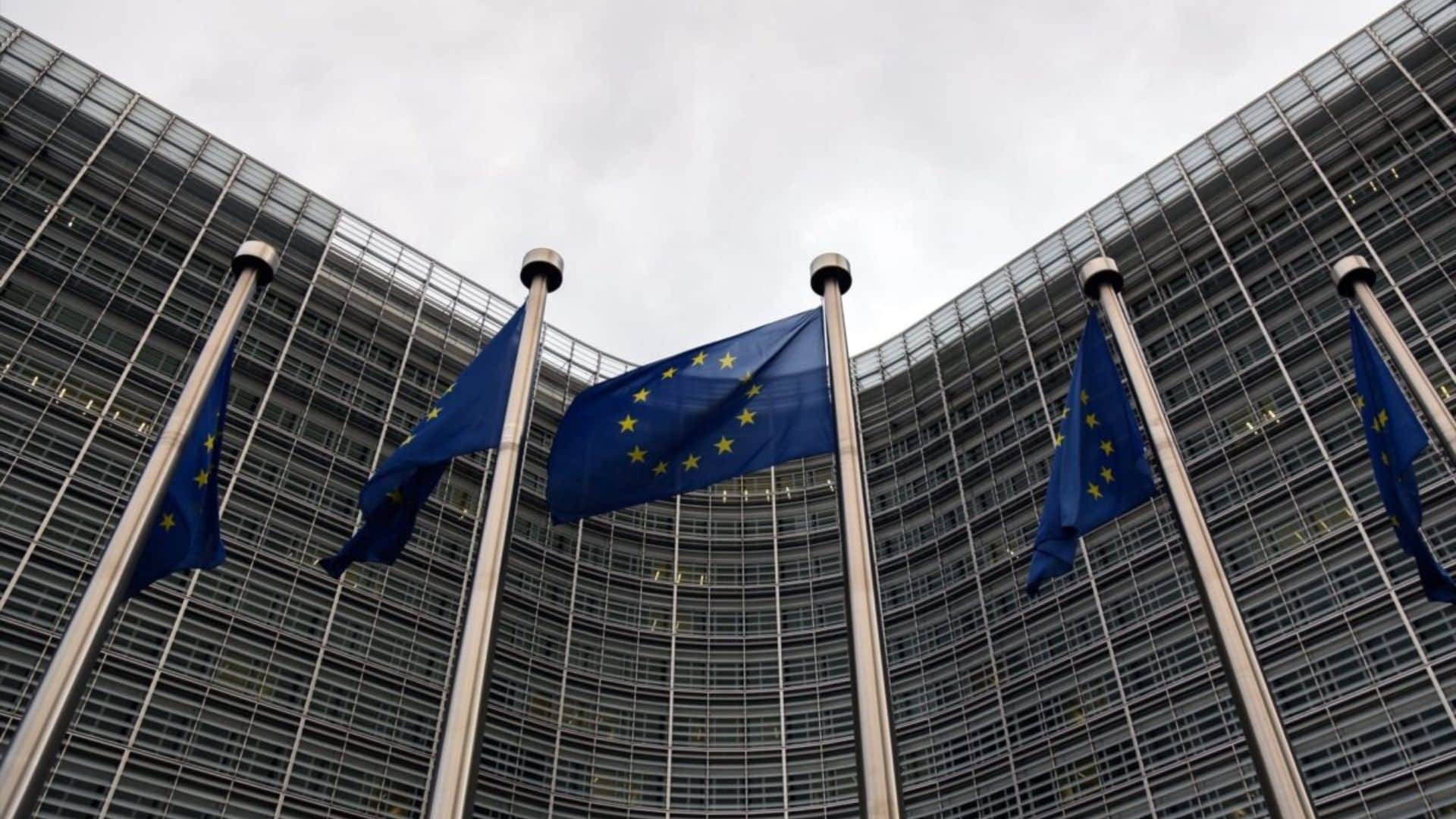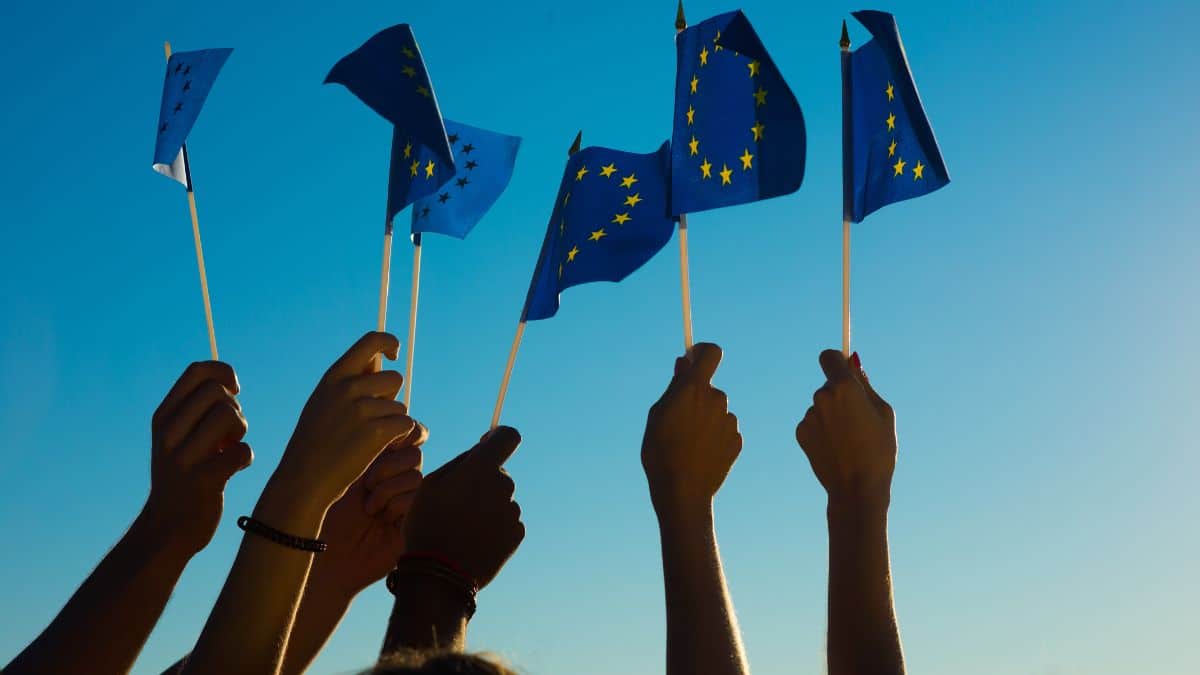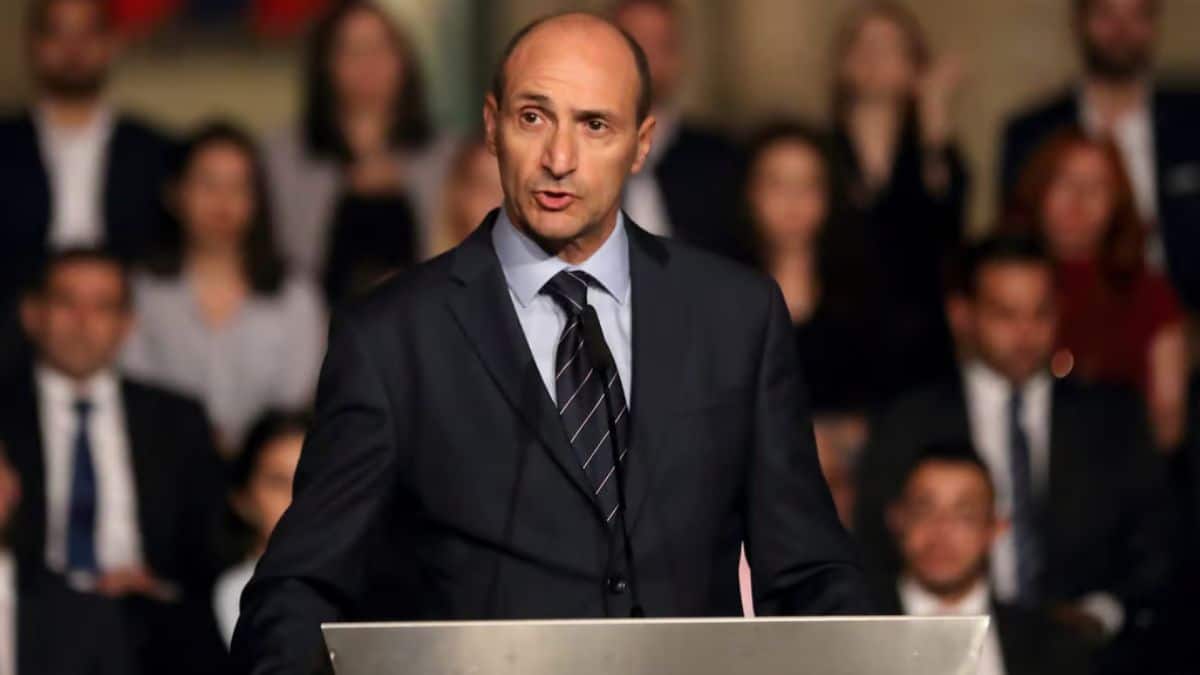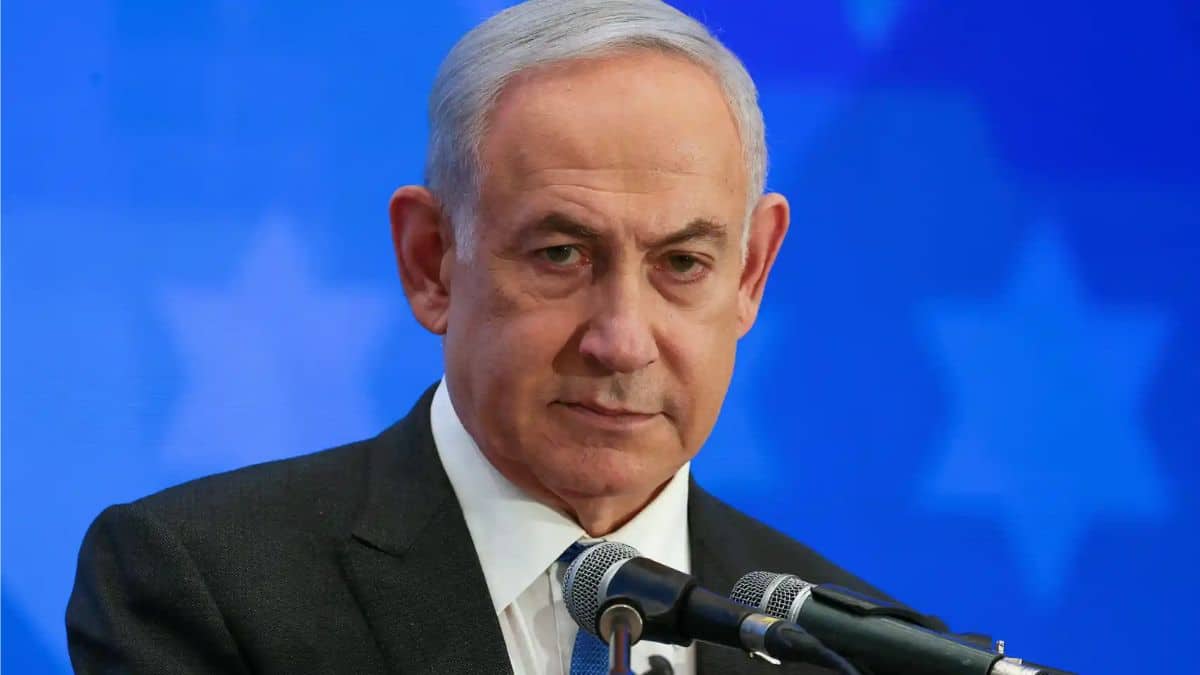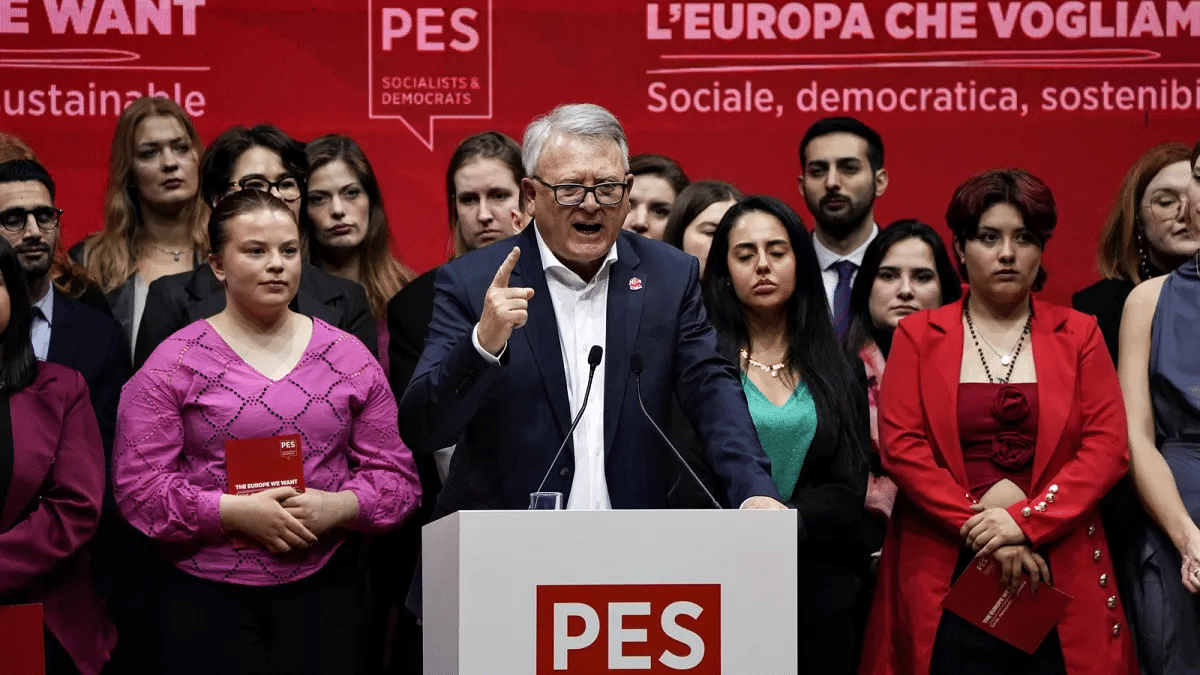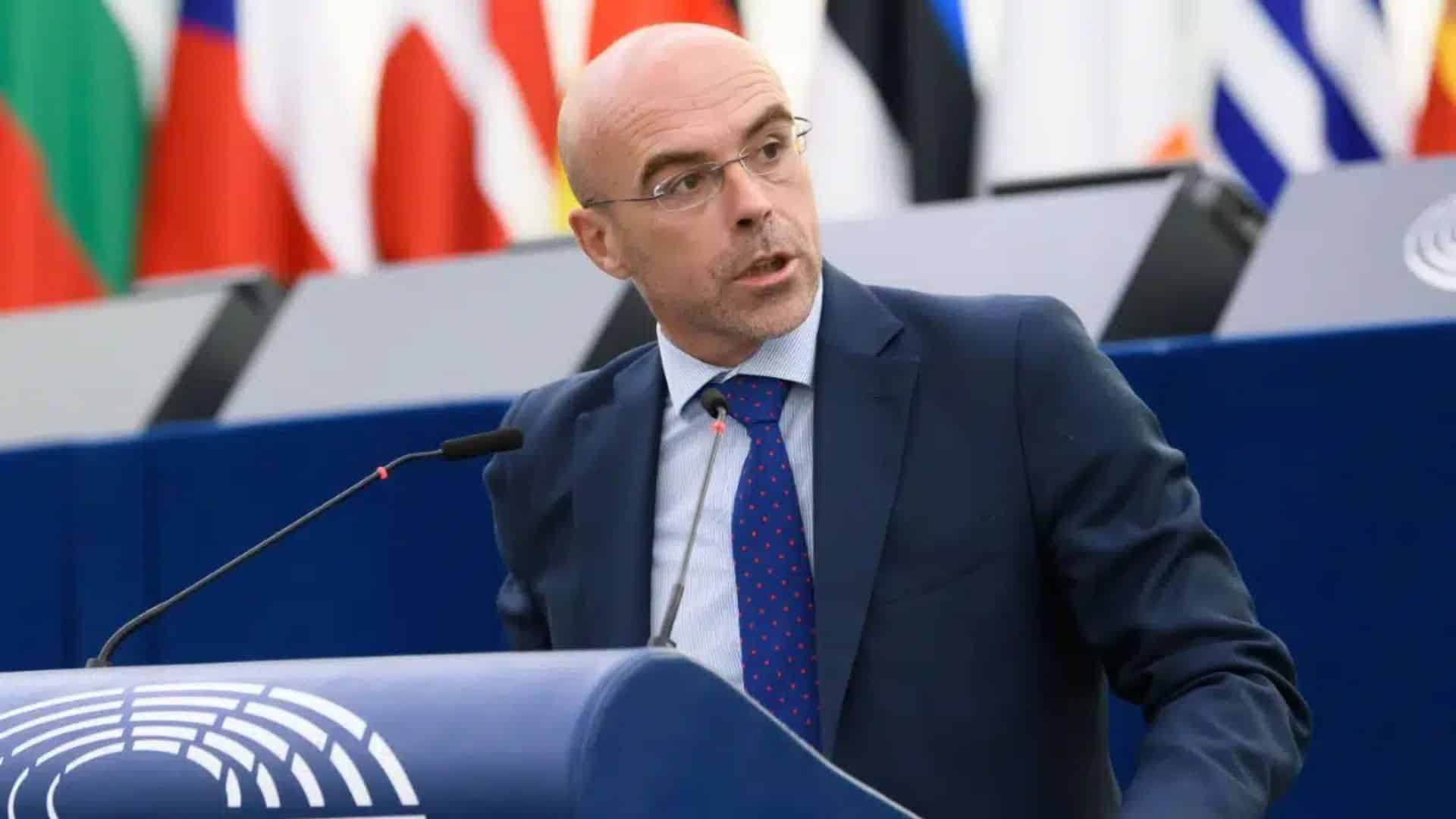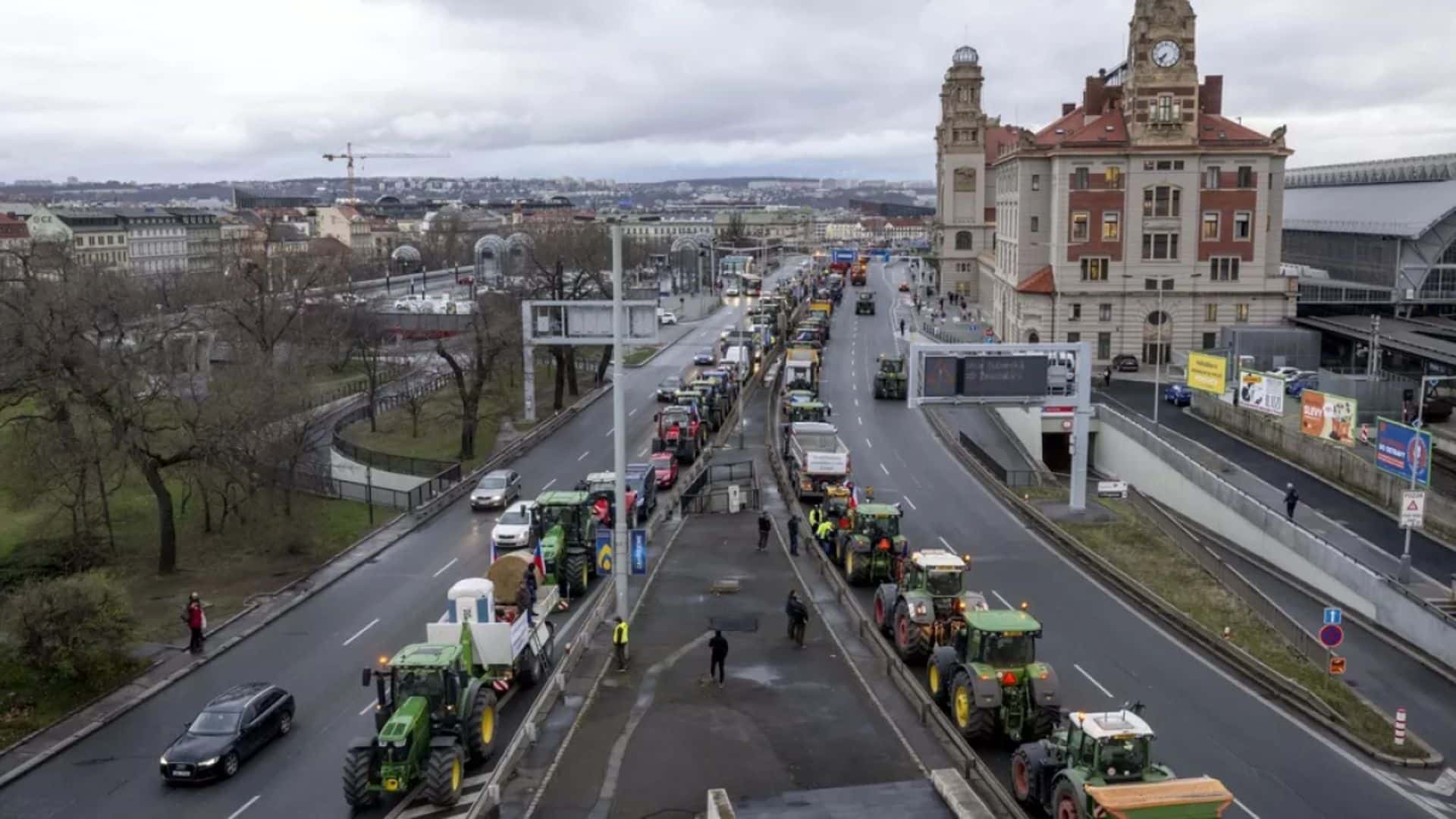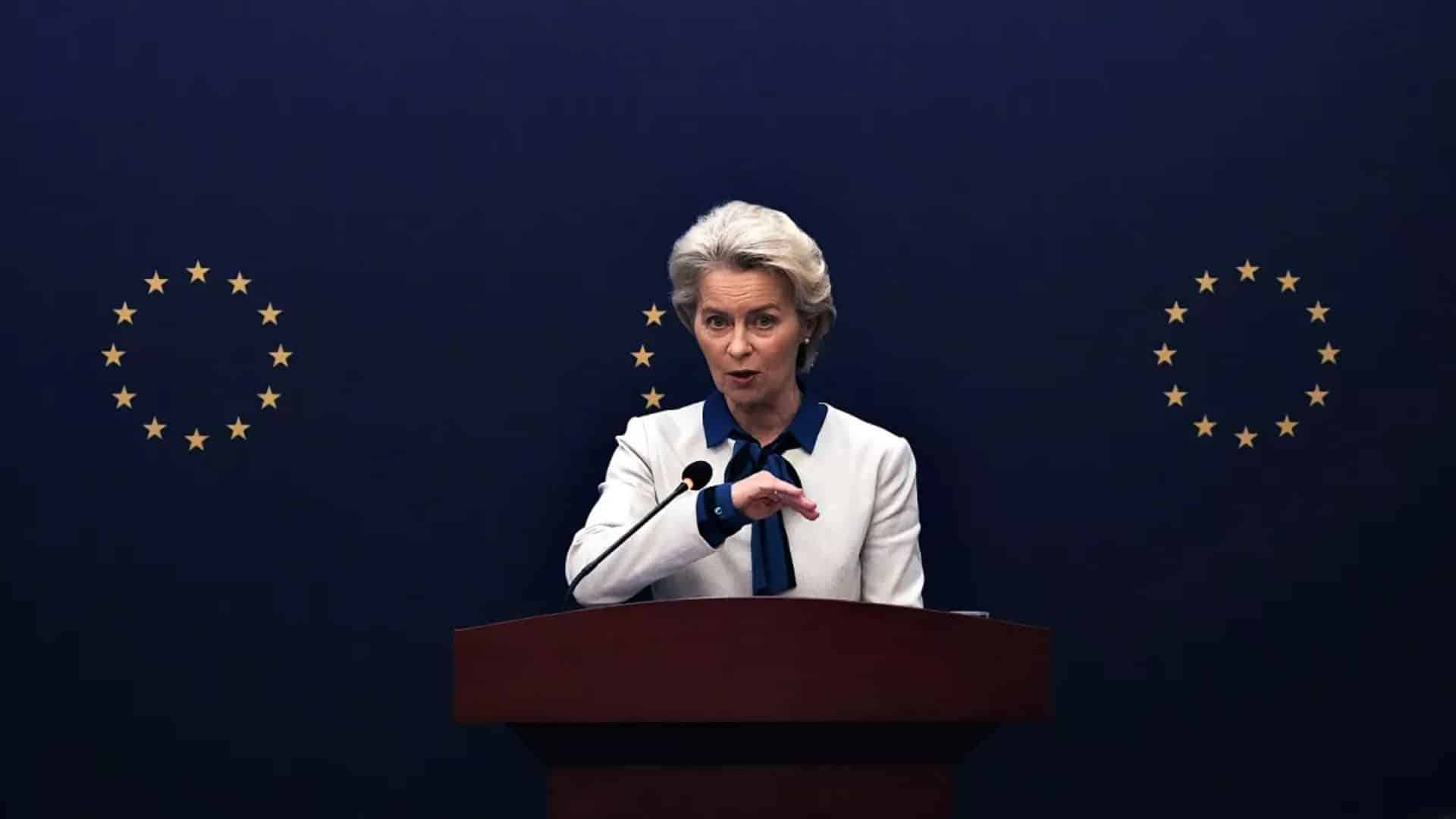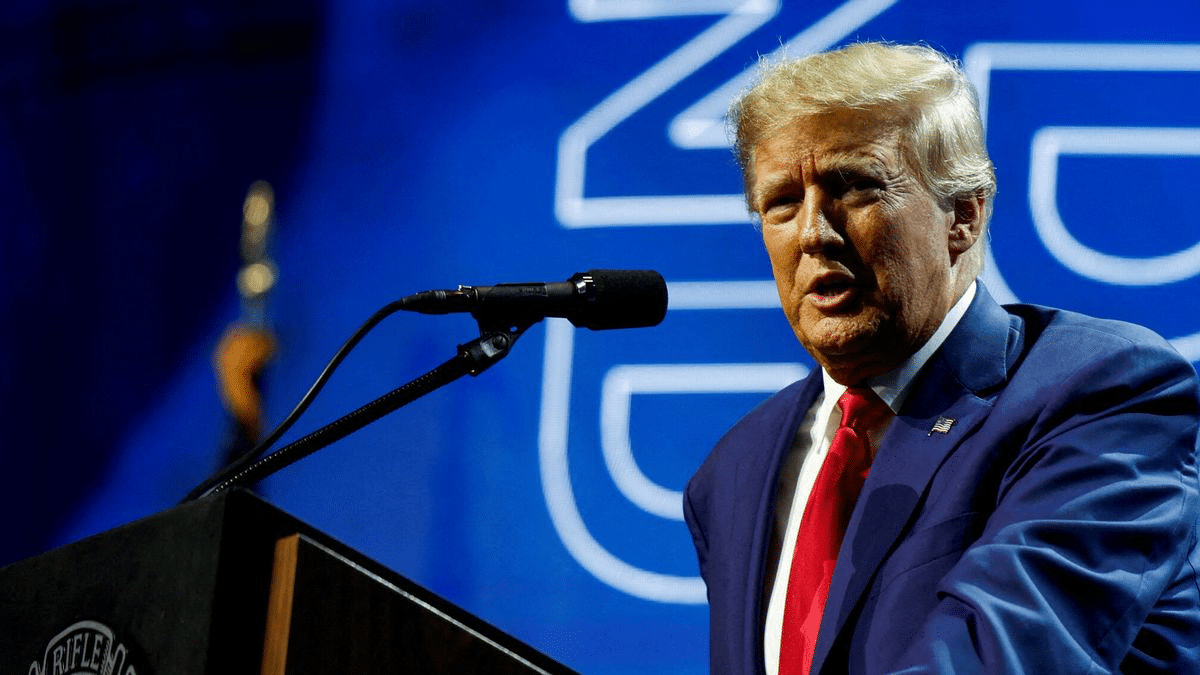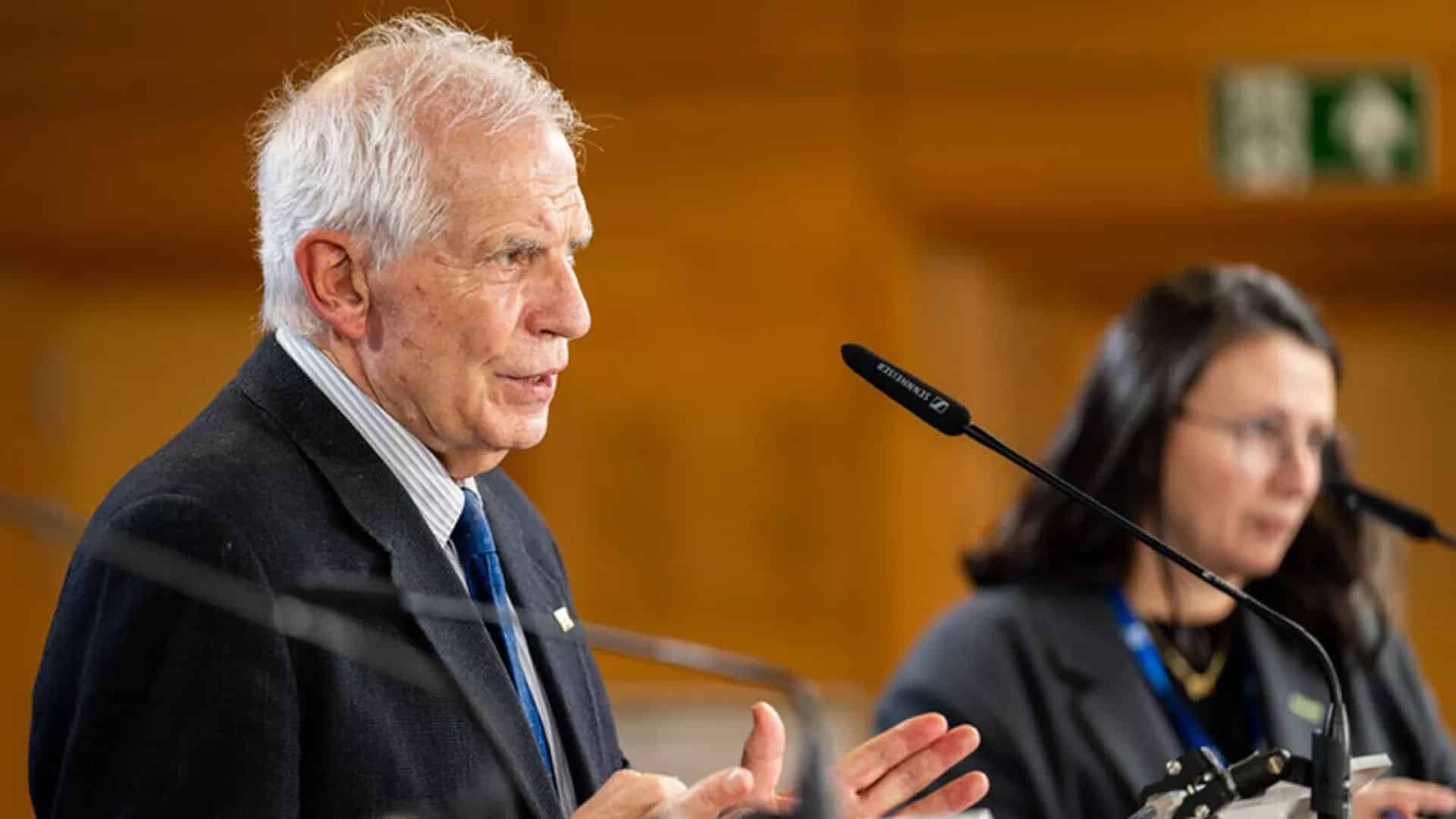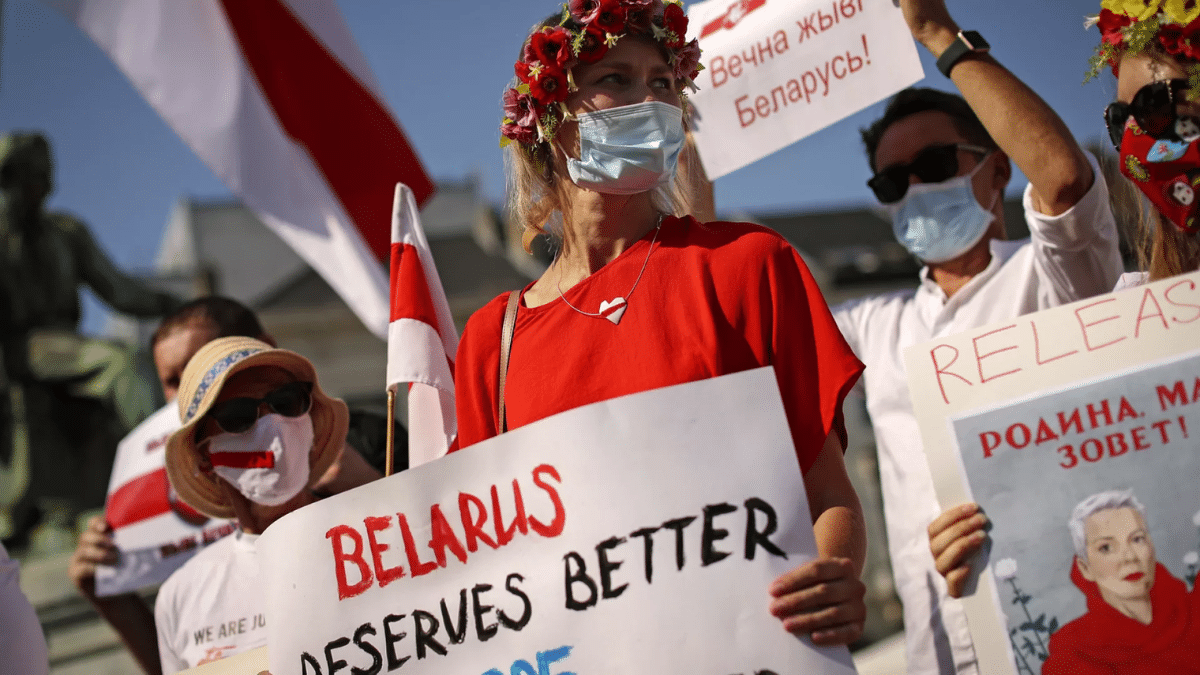
Can Europe extend assistance to pro-democracy advocates in Belarus as Lukashenko strengthens his hold on power?
Amid parliamentary elections over the weekend, Alexander Lukashenko declared his intention to seek re-election as Belarus’s president in 2025, dealing another blow to the constrained pro-democracy movement in the country. The elections, characterized more as a ritual than a democratic process, offered Belarusians a limited choice among four parties loyal to Lukashenko. The tightly controlled ballot excluded international observers, and opposition parties were legally prevented from participating.
This marks the first election since the disputed 2020 presidential vote, denounced as a sham by the West, which triggered massive protests and the arrest of 35,000 demonstrators. Lukashenko responded with a harsh crackdown on dissent, shutting down numerous independent media outlets and suppressing critics through imprisonment or exile. Subsequently, he strengthened ties with Vladimir Putin, orchestrated a migration flow to the EU border, hijacked a Ryanair plane, and allowed Russian forces to use Belarus as a base for invading Ukraine.
In response, the European Union implemented sanctions to suffocate Belarus’s economy and exert pressure on Lukashenko’s regime. However, experts suggest that despite these measures and moral support, the Belarusian opposition is becoming increasingly isolated as Lukashenko consolidates his authoritarian rule.
EU countries have provided sanctuary to over 200,000 Belarusians who fled since 2020, primarily to Latvia, Lithuania, and Poland. Lukashenko’s September 2023 decree prohibits embassies from issuing or renewing passports for exiled dissidents, forcing them to either return home, risking detention, or face statelessness abroad. Sviatlana Tsikhanouskaya, a prominent opposition figure, proposed a ‘New Belarus’ passport to facilitate travel for Belarusians with foreign visas and residence permits without returning to Minsk, but the idea faces challenges.
The EU’s sanctions, initially impactful, have been less effective over time, with concerns that they hinder the movement of Belarusians into Europe and limit access to foreign entertainment. Critics argue that sanctions are counterproductive and may undermine the West’s image as a champion of pro-democracy efforts in Belarus.
The death of Russian opposition leader Alexei Navalny and the demise of Belarusian activist Ihar Lednik in prison have intensified the dilemma of supporting the exiled opposition. Lukashenko’s repressive measures have severed connections between opposition figures and the electorate, making it challenging for EU support to strengthen the opposition while repression persists.
In this context, supporting the exiled opposition appears to be a challenging and potentially futile endeavor, as Lukashenko’s actions aim to eliminate alternatives to his rule and control political narratives within Belarus.

